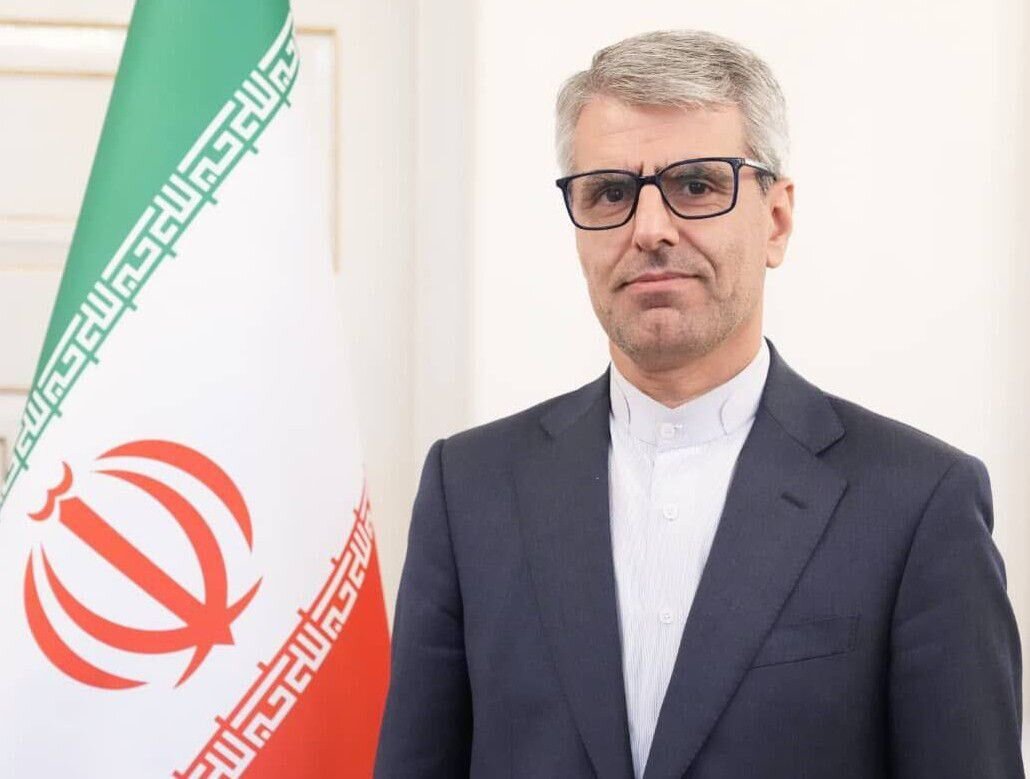Iran warns Europe of the consequences of activating the "snapback mechanism" and criticizes the approach of the nuclear agency

Iran warned today, Monday, August 4, of the consequences of what it described as the "misuse" of the European troika (Britain, France, and Germany) of the "snapback mechanism", which allows for the re-imposition of international sanctions on it due to its incomplete compliance with its 2015 nuclear agreement.
The warning from the Iranian Foreign Ministry came through its spokesperson, Ismail Baqaei, who confirmed that the European countries "have no legal or moral right to activate this mechanism and re-impose sanctions", warning that "any unlawful exploitation of such a tool will have serious repercussions on the nuclear non-proliferation regime, and will also have consequences for those countries themselves".
On another note, Baqaei criticized the approach of the International Atomic Energy Agency, describing it as "politicized and unprofessional", pointing out that Tehran has repeatedly submitted its "complaints and objections" to this approach. He added: "This institution must adhere to its technical and specialized tasks, and avoid being influenced by political pressures from various parties".
The spokesperson also denied the existence of any agency inspectors currently working inside Iran, affirming that his country is "a member of the Treaty on the Non-Proliferation of Nuclear Weapons (NPT).. has always adhered to its commitments, and acted within the framework of the law".
Baqaei revealed an upcoming visit by a senior official from the International Atomic Energy Agency to Tehran in the next ten days, explaining that it "comes within the framework of technical cooperation" between the two sides.
Regarding relations with the United States, the spokesperson ruled out the possibility of direct negotiations with Washington, despite the recent phone conversations between U.S. envoy Steve Biegun and Iranian Foreign Minister Abbas Araghchi. He confirmed that any return to indirect negotiations requires "a new decision from the Iranian parliament".